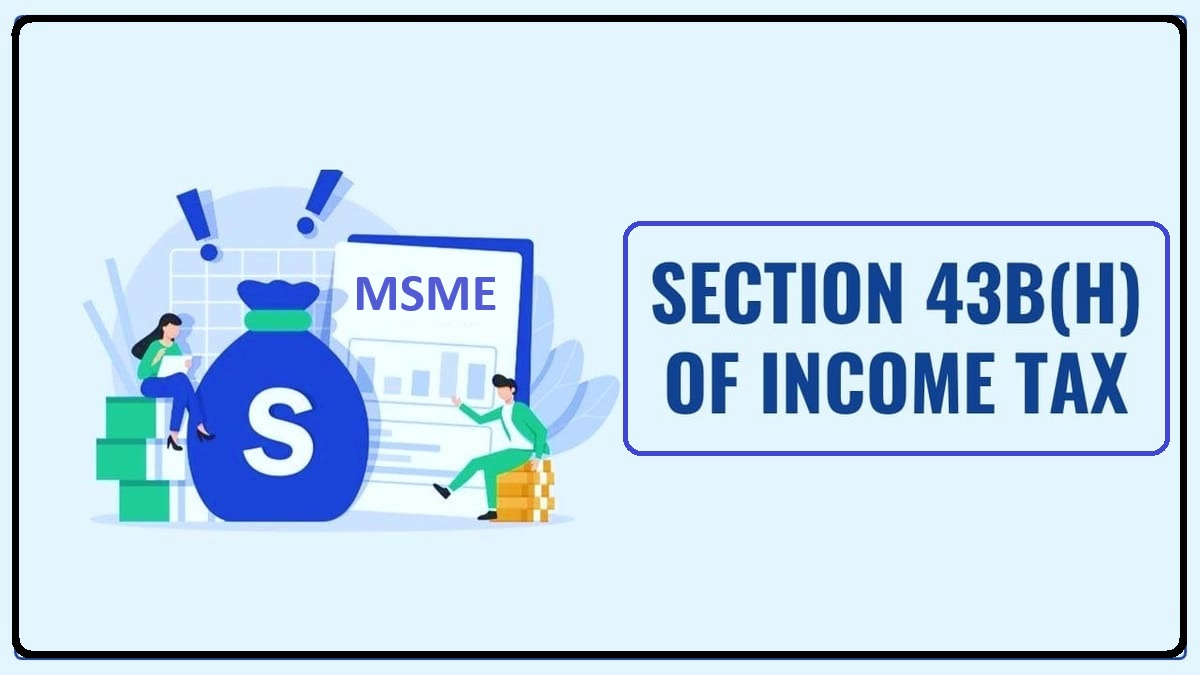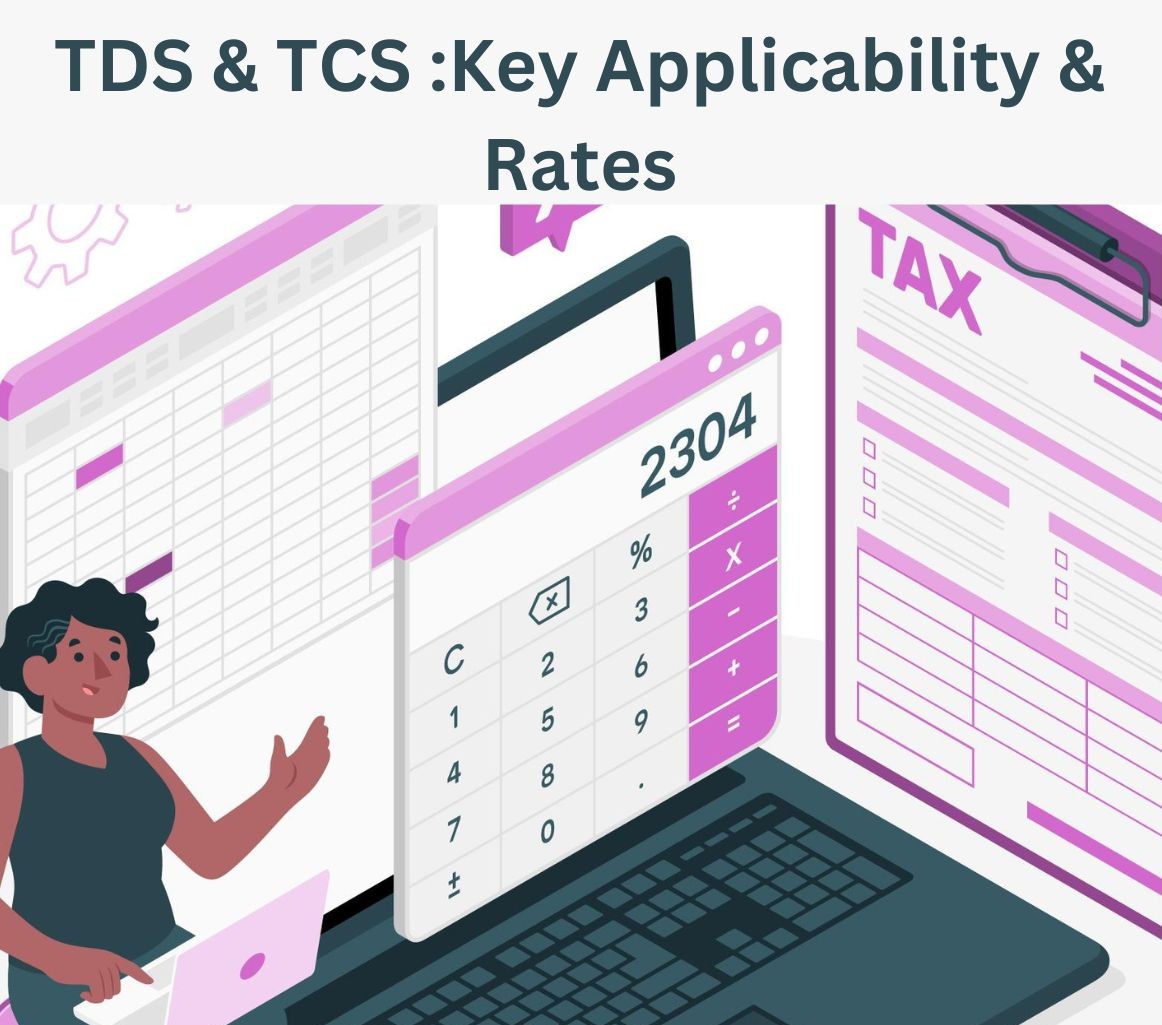Blog Details
6. Navigating Startup Taxation: A Roadmap to Maximizing Benefits

Start-ups are emerging as the driving force of a New India. To foster this growth, the Government of India has introduced the START-UP INDIA initiative, creating a conducive environment for start-ups by offering various tax benefits under the Income Tax Act, 1961.
Understanding these benefits and adhering to compliance requirements is essential for maximizing your business potential while maintaining regulatory compliance. This guide will provide insights into key tax incentives with a special emphasis on Section 80-IAC, which offers significant tax relief to eligible start-ups.
Eligibility for Start-up recognition:
To avail various benefits offered by the START-UP INDIA Initiative, a business entity must be recognized as a start-up by the Department for Promotion of Industry and Internal Trade (DPIIT).
Your business entity must meet the following criteria to be considered eligible for DPIIT startup recognition:
- Business Type – Must be incorporated as a private limited company, registered partnership firm, or an LLP.
- Business Age – Period of existence and operations should not be exceeding 10 years from the Date of Incorporation.
- Annual Turnover – Must not exceed ₹100 crore in any financial year since incorporation.
- Original Entity – Formation of the business must not be as a result of Split-up of an existing business.
- Innovative & Scalable – The business entity must be working on innovation, improvement of products, processes, or services, or have a scalable business model with high potential for wealth & employment creation.
100% Tax Exemption under Section 80-IAC:
Eligible startups can avail 100% tax exemption on profits earned in any 3 consecutive financial years out of 10 years since its incorporation. This is applicable for startups incorporated after 1st April, 2016.
Process to avail 100% Exemption under this section:
- Obtain DPIIT Registration Certificate.
- Get Financial Statements audited by a Chartered Accountant.
- File Income Tax Returns before Due Date.
- Maintain proper documents and records to support their claim of availing 80-IAC Exemption.
- Login on Startup India Portal & Apply for the exemption with all necessary documents.
Angel Tax Exemption under Section 56(2)(viib)
Angel tax is the tax that unlisted companies are liable to pay on the capital they raise through issue of shares. The tax rate is 30.9% on the share premium i.e., excess of Current Market Price over Fair Market Value.
Eligibility to avail exemption:
- The entity should be recognized as a startup under DPIIT.
- The aggregate amount of Paid-up capital & Share Premium of the startup shall not exceed Rs. 25 crores after the proposed issue of shares.
However, the Union Budget 2024 now seeks to abolish angel tax effective from FY 2024-25.
LTCG Exemption under Section 54EE:
Section 54EE allows eligible startups to claim tax exemption on long-term capital gain if invested in funds specified by the government within 6 months of its receipt. This investment shall remain in the fund for atleast 3 years. The maximum amount that can be claimed as exemption is Rs.50 lakhs.
LTCG Exemption under Section 54GB:
This provision allows tax exemption on long-term capital gain earned on sale or disposal of residential house property if such gain is invested in Startups. This investment has a lock-in-period of 5 years.
Set-off & Carry forward of losses:
Eligible startups can carry forward their losses if the majority of voting power or shareholding remains the same in the year in which the losses were incurred and the year in which they are being set off.
Understanding and taking advantage of the various tax benefits available for start-ups can be a game-changer for new businesses. By ensuring compliance with tax filing requirements, GST regulations, and maintaining proper records, start-ups can focus on growing their business without worrying about tax-related hurdles.
After all, saving on taxes means more funds to invest in innovation and scaling your business!
Copyright | All Rights Reserved H M R R & Associates























